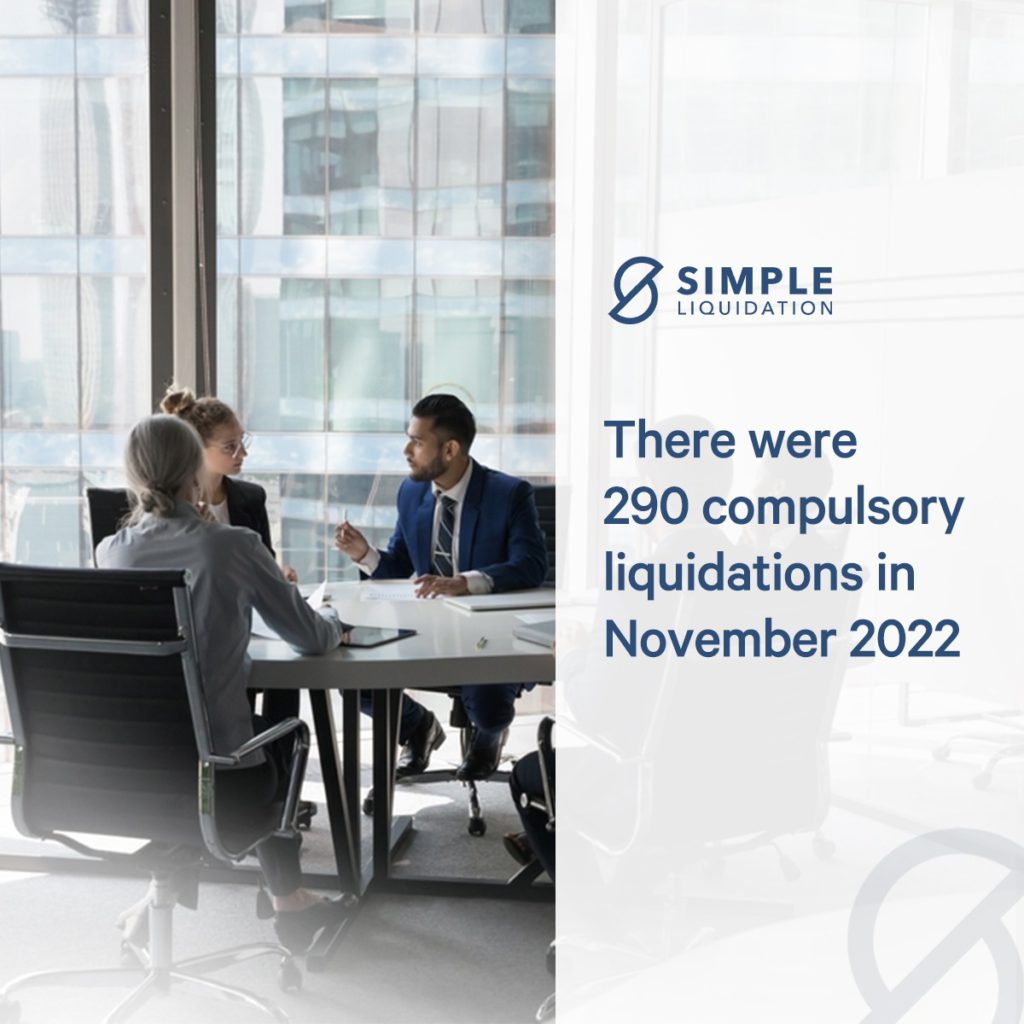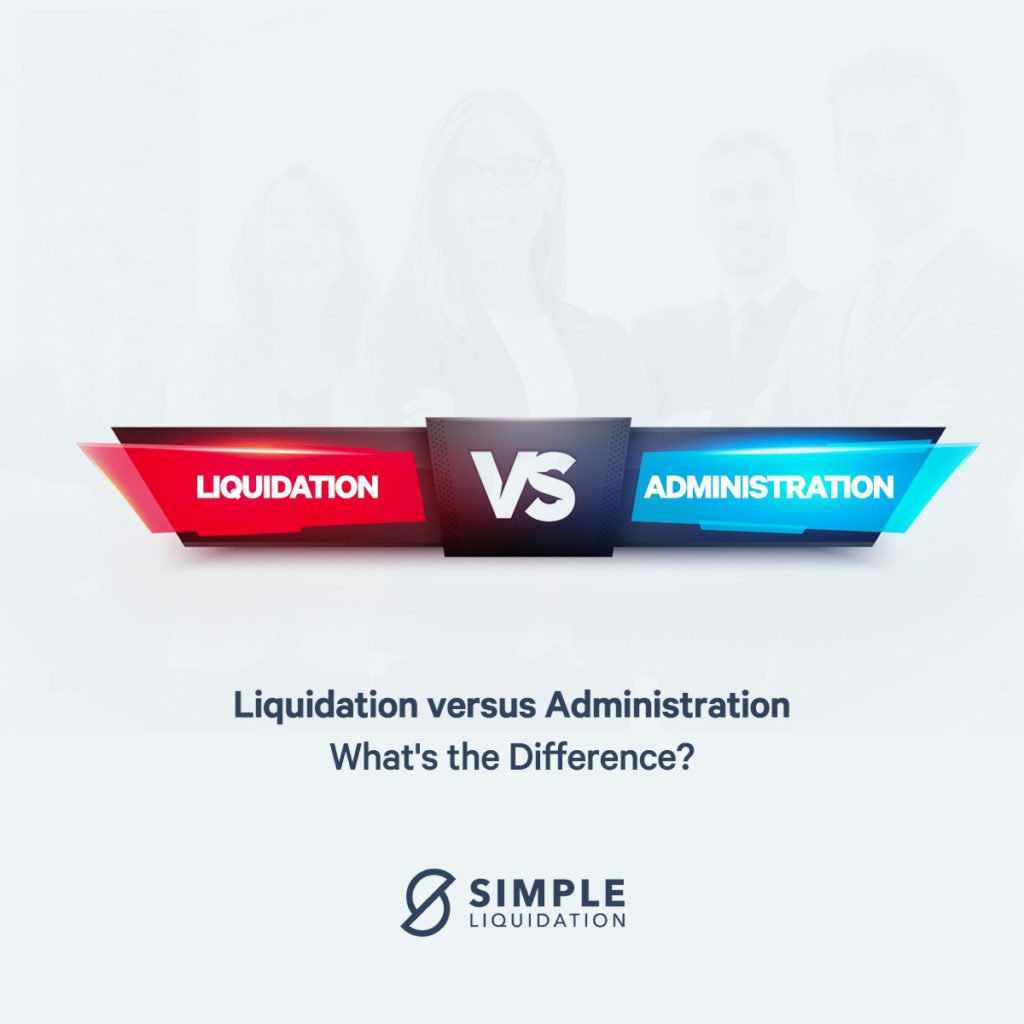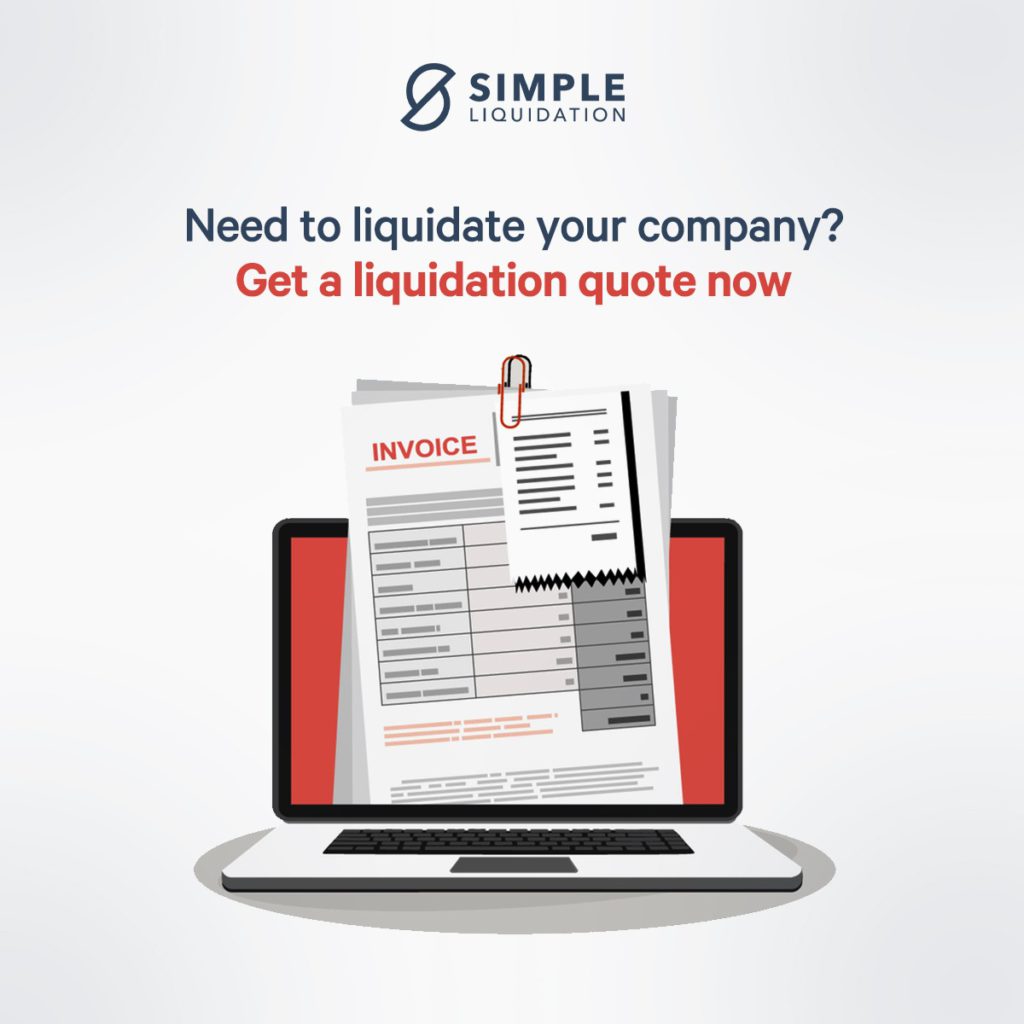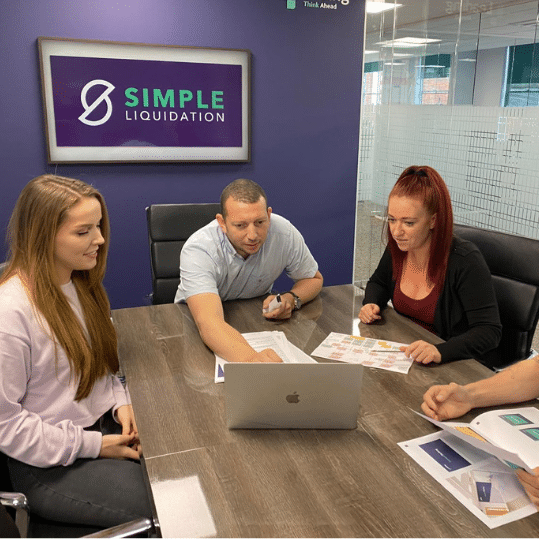Why Did England and Wales Experience a Record Number of Voluntary Liquidations in 2022?
Navigating the economy as a business has always been challenging. This is because there are always issues beyond an organisation’s control that can affect how consumers engage with them and the value of the products and services they sell. This has always been the case, but it hit unprecedented heights in 2020 as the coronavirus …
Why Did England and Wales Experience a Record Number of Voluntary Liquidations in 2022? Read More »













